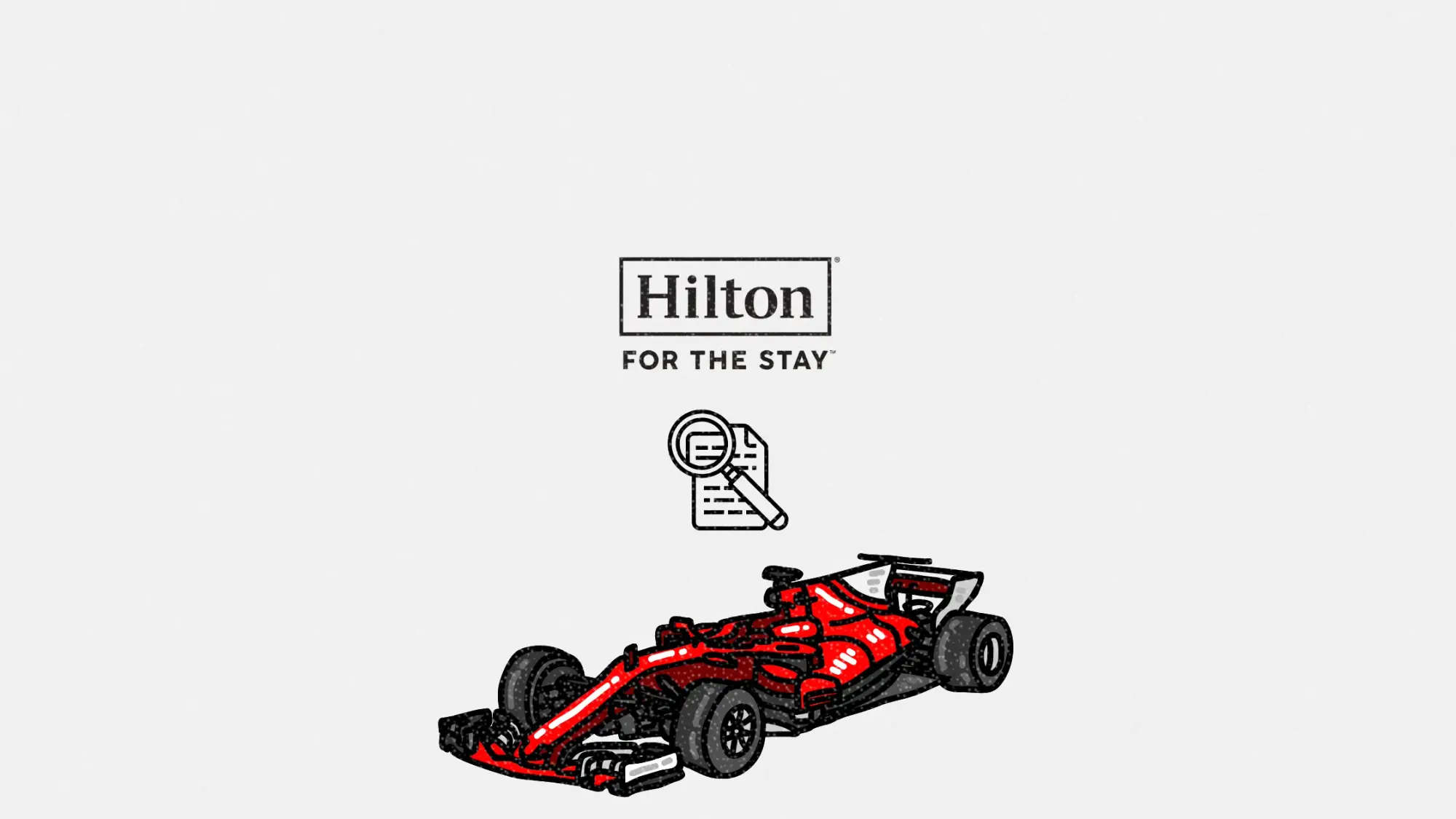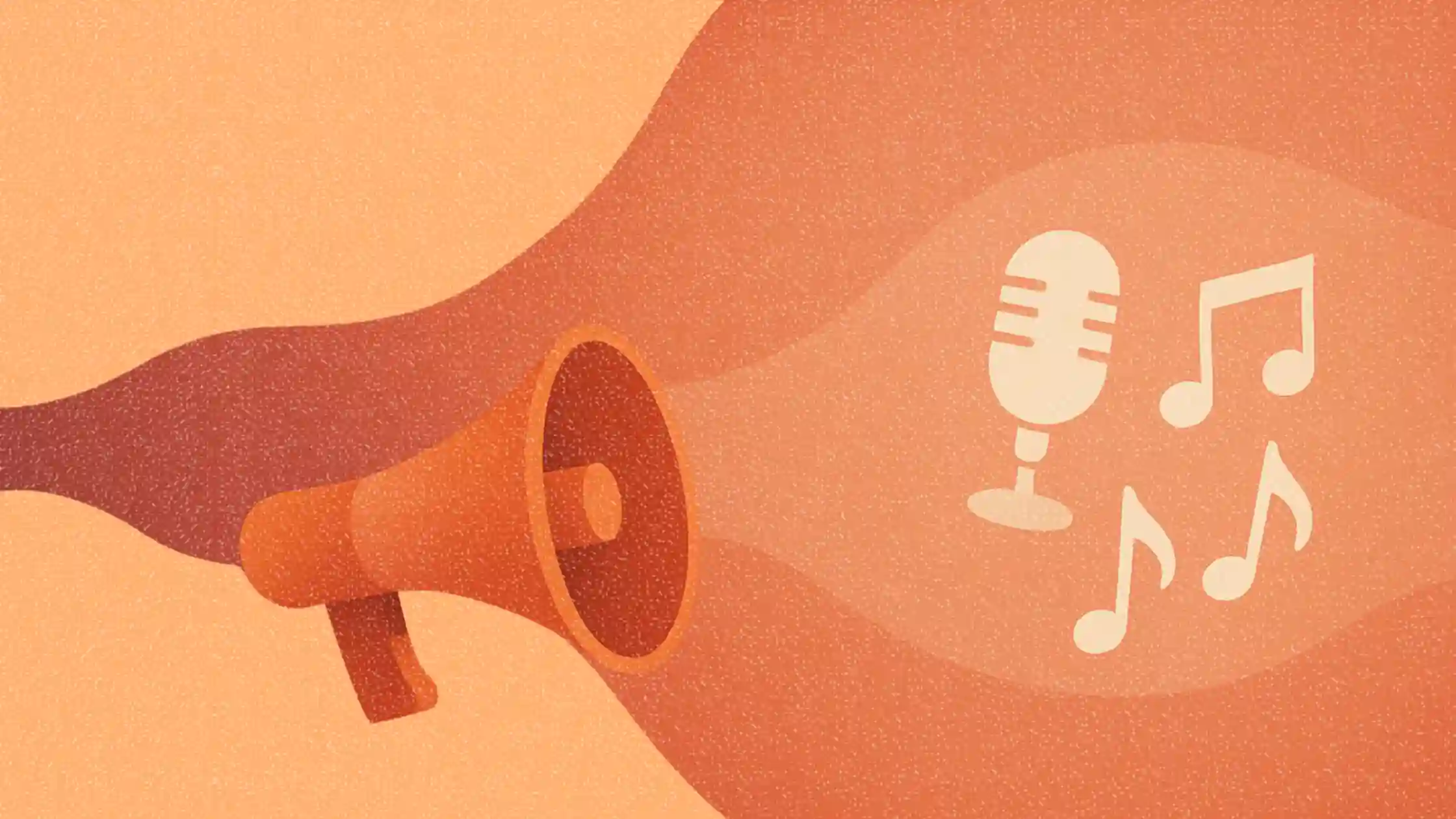Why APAC travelers are now booking flights around concerts and sports according to Hilton survey
A new Hilton survey shows sports and music fans are shaping APAC’s travel economy

A new Hilton study reveals a major trend shaping travel behavior in Asia Pacific: sports and entertainment are now core to how people plan their trips.
As Formula 1, music festivals, and stadium tours grow in regional influence, hotels are no longer just booking rooms. They are curating experiences.
This article explores how Hilton is tapping into the surge of experience-led travel, what its latest loyalty push reveals about the hospitality sector, and why marketers should pay attention to the growing overlap between fandom and tourism.
Short on time?
Here’s a table of contents for quick access:
- Sports and music now drive APAC travel decisions
- Hospitality loyalty plays a bigger role in event tourism
- Hilton’s F1 partnership is redefining fan experiences
- What marketers should know

Sports and music now drive APAC travel decisions
According to Hilton’s new research, 40% of surveyed travelers across China, India, Singapore, Japan, and Australia plan to travel internationally for major sporting or music events. The appetite is even higher in China (59%) and India (57%), pointing to a significant shift in how APAC audiences are prioritizing live experiences.
Overall, 60% of respondents have already traveled domestically or internationally for events, while 70% say the “quality of hospitality” is a decisive factor when booking accommodation. That figure nearly matches the importance of price and proximity.
What happens before and after the event matters just as much as the event itself. Where fans stay, what they experience, and how they’re treated all shape the overall value.

Hospitality loyalty plays a bigger role in event tourism
Hilton Honors, the company’s loyalty program, is seeing a direct payoff from this shift. Sports tourism is now fueling record-high demand for exclusive redemptions, especially for F1 events. At the 2025 Singapore Grand Prix, Hilton Honors members redeemed more than 9 million Points for VIP McLaren F1 Team experiences. This was the highest total to date for this race.
These redemptions include more than just seats near the track. Guests receive premium hospitality access, a two-night stay at Conrad Singapore Marina Bay, and brand activations like reaction challenges and photo ops with the McLaren F1 car.
These offers drew a mix of first-time and repeat guests. This suggests that loyalty perks are more than retention tools. They are becoming acquisition drivers when tied to exclusive experiences.
Hilton's F1 partnership is redefining fan experiences
Hilton’s 20-year partnership with the McLaren F1 Team goes beyond brand alignment. It’s a blueprint for hospitality brands seeking deeper fan engagement.
In 2025, the hotel group will host the McLaren team at 21 properties throughout the race season. The collaboration has also expanded to fan-facing campaigns like the recent “Stay Like McLaren Racing” suite in London’s Trafalgar St. James hotel and a sleep-themed ASMR audio campaign featuring driver Lando Norris.
More than just perks, these activations illustrate a broader strategy. Hilton is using loyalty to unlock content, community, and co-creation opportunities. In a region where 54% of respondents say exclusive rewards are a strong motivator, Hilton is positioning its loyalty program as the gateway to peak fandom moments.
What marketers should know
Event-driven travel is now shaping how consumers book, spend, and stay. For marketers, this shift opens up new ways to build loyalty, drive conversions, and connect with culture.
1. Sports and entertainment are now conversion levers
Marketers in travel, hospitality, and even FMCG should treat major events like the F1 Singapore Grand Prix or large-scale music festivals as tentpole moments. These are prime opportunities for campaigns, loyalty pushes, or influencer activations tied to experiences.
2. Loyalty is becoming more emotional
Programs like Hilton Honors are evolving from points-based discount engines to experience curation tools. This signals an opportunity for brands to revisit their loyalty strategies, particularly when their audiences are motivated by events or community experiences.
3. Fandom is a tourism force, especially among Gen Z
Travelers aged 18 to 24 are the most likely to plan trips with friends for events. This makes partnerships with fandom-relevant IP, such as F1 or K-pop, a strategic lever for brands aiming to convert Gen Z passion into travel or product loyalty.
4. Premium access creates brand stickiness
Hilton’s approach shows how combining exclusivity, hospitality, and storytelling can turn transactional stays into emotional memories. For brands with physical or experiential touchpoints, the model of “stay for the perks, return for the experience” is worth exploring.




